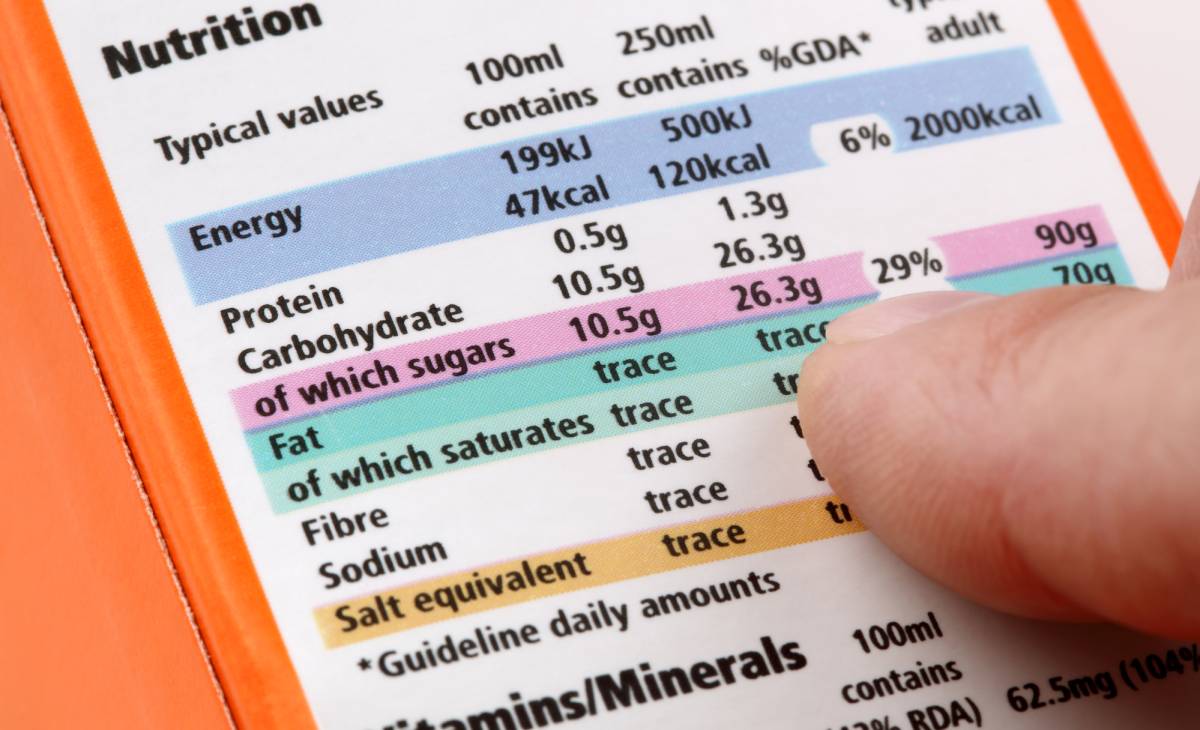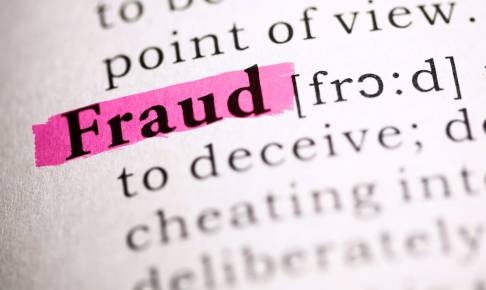Italy: a third of food purchased online does not have nutritional labels
In a recent study conducted in Italy by the Experimental Chemistry Laboratory of the Istituto Zooprofilattico Sperimentale delle Venezie, food products purchased online have been analyzed using near-infrared spectroscopy (NIR) to assess the accuracy of nutritional labels and the compliance with the EU tolerance limits. The study shows that nutritional information on e-commerce sites can be incomplete, inaccurate, or false, especially for locally-produced foods.
With the rapid growth of online grocery shopping, accurate labeling is crucial for guiding consumer choices and preventing food-related chronic diseases, just as it is for physical stores.
Of the 103 food items (80 processed and 23 unprocessed) bought from a popular e-commerce platform, 35% of processed products lacked nutritional labels. For the products that did have labels, the researchers tested 8 nutritional values, including calories, fat, carbohydrates, and protein, conducting 424 measurements in total.
Upon comparing the experimental values with those declared on the labels, approximately 74.5% were congruent, 11.3% were slightly outside tolerance limits, 7.5% exceeded tolerance limits, and 6.6% were completely wrong. Overall, 35.8% of samples had at least one value exceeding tolerance limits, with saturated fats being the most common.
Many of the inaccurate products came from small meat and dairy producers who have only recently started selling online. On the other hand, no errors were found in samples from larger, more established companies (e.g. large-scale distribution).
The study raises questions about food safety oversight, as health authorities are regionally based, while online commerce transcends borders. The issue of which organization should oversee food produced in one region but sold throughout Italy remains open, say the authors.
These results shed light on fraudulent activities that could impact consumer health. If producers do not provide accurate nutritional information, they may also not follow proper food safety standards.
Sources:
https://www.izsvenezie.it/alimenti-acquistati-online-etichetta-nutrizionale/
https://journals.sagepub.com/eprint/PIRVXDH9DU6VME5EBZEK/full






















